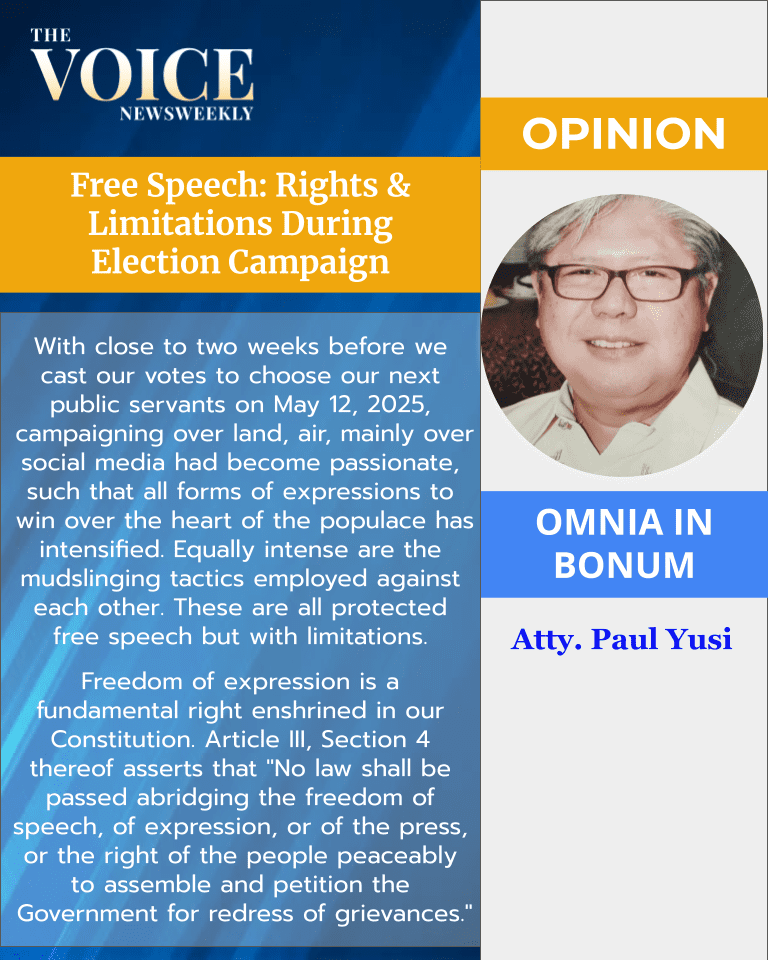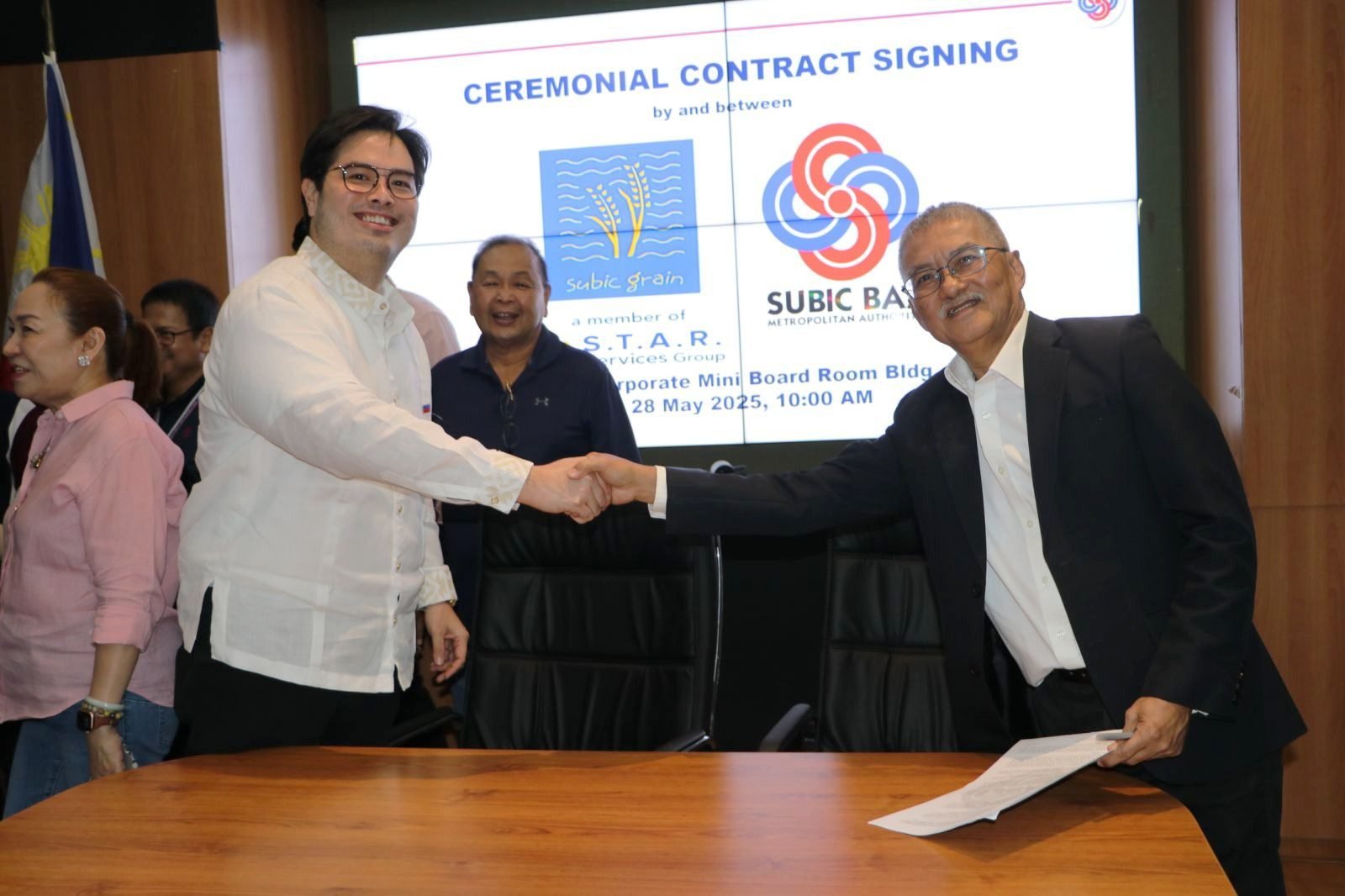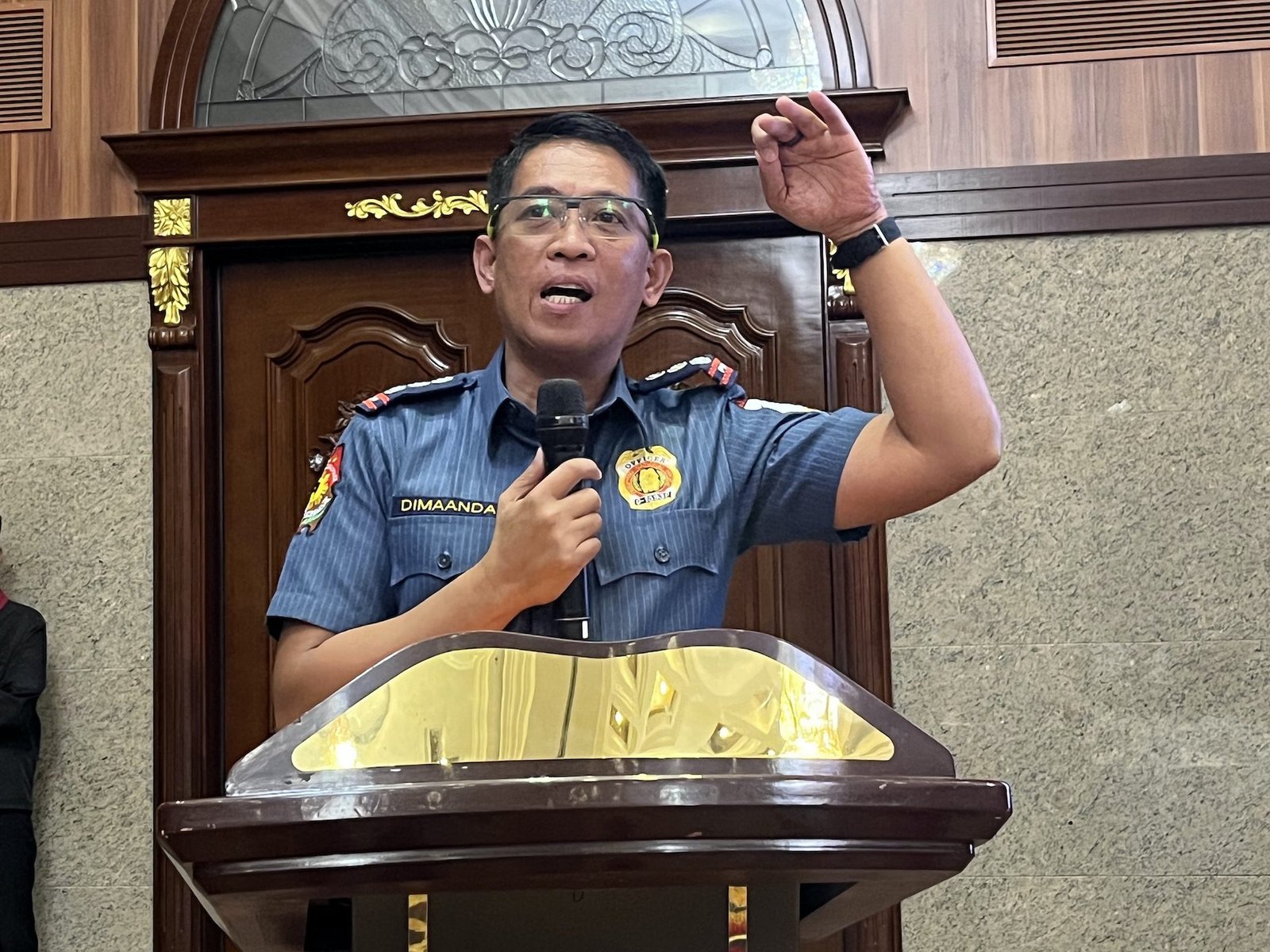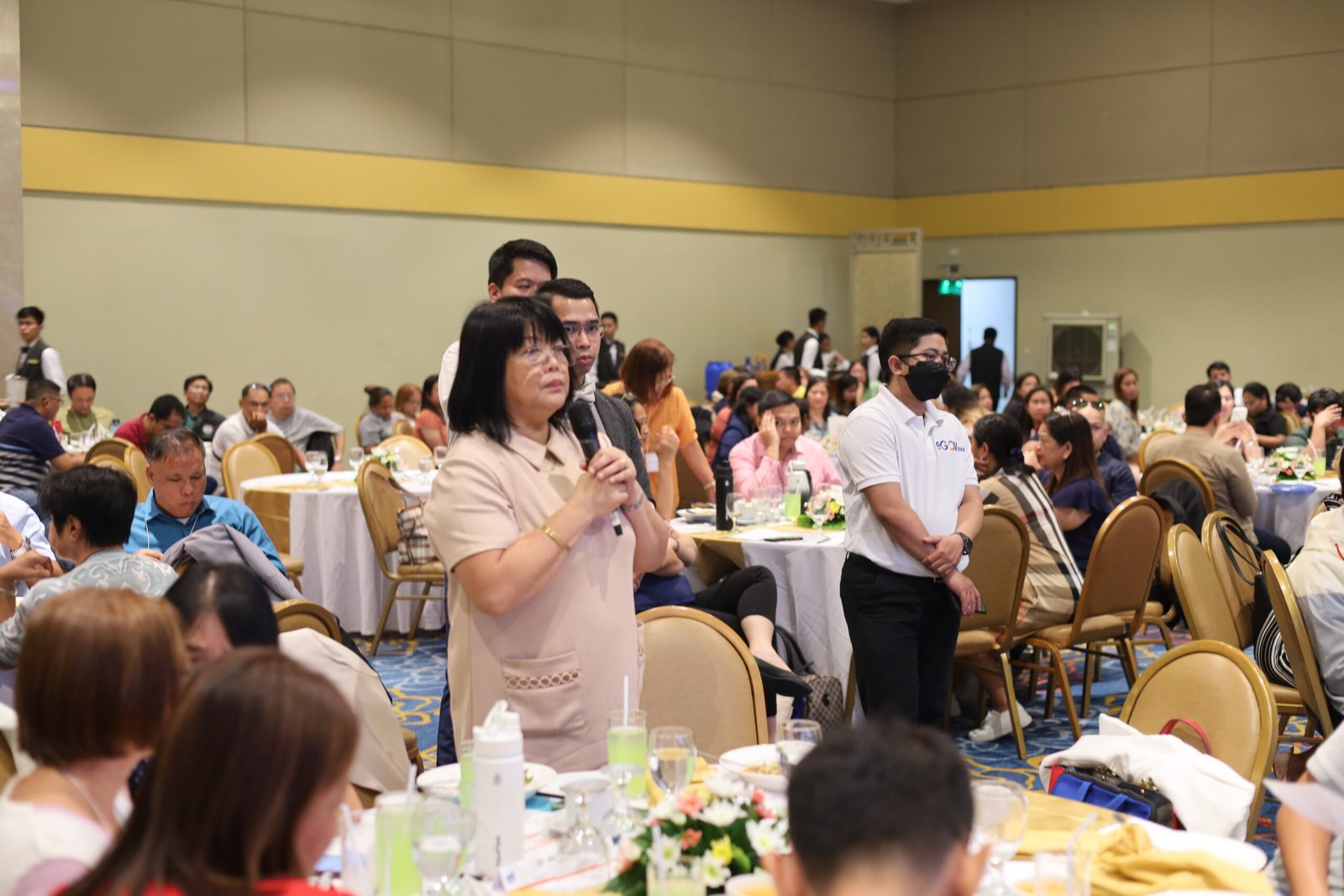𝗢𝗺𝗻𝗶𝗮 𝗜𝗻 𝗕𝗼𝗻𝘂𝗺 𝗔𝘁𝘁𝘆. 𝗣𝗮𝘂𝗹 𝗬𝘂𝘀𝗶
With close to two weeks before we cast our votes to choose our next public servants on May 12, 2025, campaigning over land, air, mainly over social media had become passionate, such that all forms of expressions to win over the heart of the populace has intensified. Equally intense are the mudslinging tactics employed against each other. These are all protected free speech but with limitations.
Freedom of expression is a fundamental right enshrined in our Constitution. Article III, Section 4 thereof asserts that “No law shall be passed abridging the freedom of speech, of expression, or of the press, or the right of the people peaceably to assemble and petition the Government for redress of grievances.”
This provision stresses the importance of free speech in a democratic society, facilitating the flow of ideas and public discussion, particularly during election periods. However, this freedom is not absolute and comes with a set of limitations aimed at maintaining order and protecting other rights. Under our laws, the following statutory provisions provide the framework for regulating freedom of expression during election campaigns:
BP No. 881 or the Omnibus Election Code (OEC). The OEC outlines the rules governing all aspects of electoral processes, including the conduct of campaign activities. It prohibits forms of campaigning deemed coercive or misleading. Section 2, Article 1 thereof establishes the conduct of campaigns shall govern all election of public officers, and to extent appropriate, all referenda and plebiscites, requiring that these be done in a manner that is respectful and does not violate the rights of others.
(ii) RA No. 9006 or the Fair Election Act. This law seeks to ensure a level playing field among candidates. It sets guidelines on the use of mass media for political campaigning, including limitations on airtime and the promotion of equal opportunities for all parties.
RA No. 10175 or The Anti-Cyber Crime Law. With the increasing use of digital platforms for campaigning, the Anti-Cyber Crime Law addresses issues related to the use and abuse of content-related online speech. It criminalizes cyber libel and acts that could undermine the integrity of elections. This kind of dastardly tactic has become prevalent in the age of social media where everybody has become the so-called “news reporter” or “purveyor of truth”. Such has been exacerbated by unethical use of artificial intelligence (AI) tools where opposing candidates are made to appear to have said or done something awful calculated to tarnish the reputation of the target person. Troll farms have proliferated and are even suggested to be operated by foreign entities or powers wishing to ensure the success of their “manchurian candidate”.
Further, there is accountability for slander and libel. The legal provisions regarding defamation remain applicable during election periods. This means that individuals can be held liable for making false statements about other candidates, ensuring that discussions remain factual and respectful.
Then we have Joint COMELEC-CSC Advisory on Electioneering and Partisan Political Activities (Joint Circular No. 1, s. 2016), where government employees are strictly prohibited, among others, from: (a) Forming groups, associations, or committees to solicit votes or campaign for/against a candidate; (b) Holding political rallies, caucuses, meetings, or parades for election campaigning; (c) Making speeches, announcements, or media commentaries to support or oppose a candidate; (d) Publishing, distributing, or displaying campaign materials promoting or opposing a candidate; …(h) Wearing campaign-related shirts, pins, caps, or accessories, unless authorized by the Commission on Elections (COMELEC).
The prohibition is sanctioned by Art. X-B, Section 2 (4) of the constitution which states that “no officer or employee in the civil service shall engage directly or indirectly, in any electioneering or partisan political campaign”.
However, The above quoted provisions of the Constitution and civil service law have been the subject of an earlier clarificatory memorandum of the Civil Service Commission (CSC) under Memorandum Circular No. 02, s.1992, where it was stated that “…for practical reasons and in view of the nature of their positions and responsibility, the afore-mentioned inhibitions shall not be made to apply to government officials holding political offices, such as: (a) The President of the Philippines; (b) The Vice President of the Philippines; (c) The Executive Secretary/Department Secretaries and other Members of the Cabinet; (d) All other elective officials at all levels; and (e) Those in the personal and confidential staff of the above officials.”
Then DOJ Secretary Perez issued Opinion No. 8, Series of 2001 dated February 14, 2001 which supported the exemption of certain government officials and employees holding political offices.
Overall, the balance between freedom of expression during election campaigns is a delicate balance between ensuring democratic discourse and protecting the rights of all parties involved. This domain reflects a commitment to uphold democratic processes while recognizing the necessity for certain limitations to preserve public order and integrity. Candidates and their supporters must navigate this legal road carefully to not only exercise their rights effectively but also adhere to the laws that foster respectful and honest electoral competition. Understanding both the rights and the limitations is crucial for promoting a healthy and legitimate democratic process.
At the end of the day, if all politicians play this game of election courtship fair and well, mindful that they have a mandate to serve to the best of their ability for the good of all, the real winners who will eventually emerge will be the People they seek to Serve.














